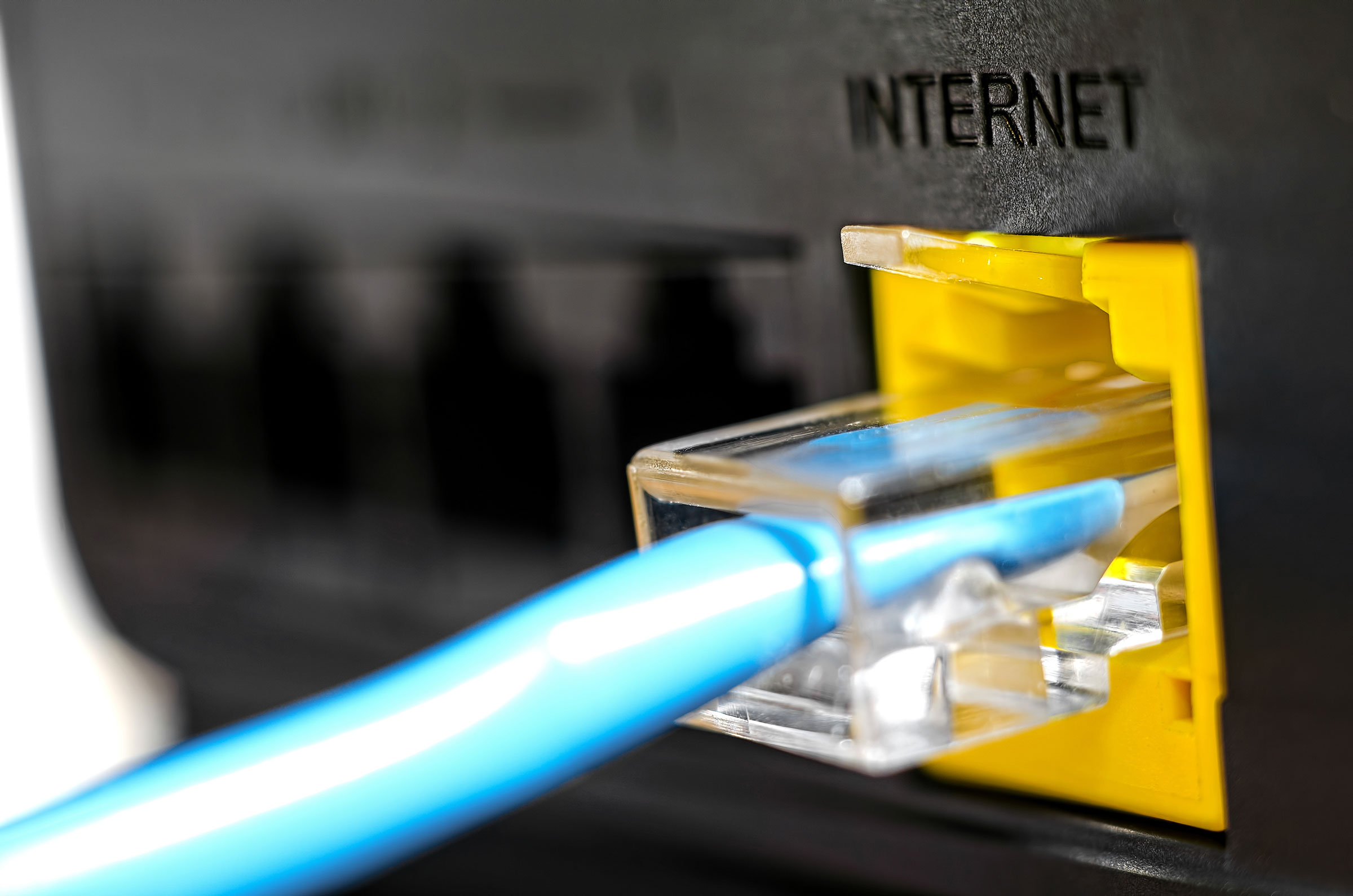Don’t you just hate it when the internet slows down all of a sudden? You’re like “Hey man, I’m paying my bills right. Why do you do this to me?” And then soon after, you burst into a fit because let’s face it; you’re not getting what you want and it’s upsetting. It’s one thing for the internet connection to go down because of system maintenance and others to just slow down for no reason at all.
Given how internet-centric our daily operations are nowadays, a fast connection is something we all hope to have at all times. But what if you’re already experiencing slowdowns and it’s getting in the way of your lifestyle?
Some people may just use the internet for leisure – like play games, stream videos, and stuff. However, for other people like me, the internet is our bread and butter.
We basically live off its services and we connect with our colleagues, bosses and clients through it. Without a stable connection we’re practically done for.
We end up having a lot of unfinished work, a warning – if not a complete termination – from our bosses and a whole lot of rants.
When the internet slows down, people like us slow down to. It’s just that bad.
And I know I’m not the only one having trouble with this. If you’re practically a resident of the online world too, you should know exactly how excruciating it is to not have internet at crucial times.
Question now is: Isn’t there anything we can do to help prevent this thing from happening over and over again?

Good news is that there are several things you can try to remedy your bad connection. Here are a few suggestions:
Change Your Provider
One of the main reasons why you can’t seem to establish a stable link to the internet is because your provider isn’t very good at doing its job. It could be that you’re not getting enough speed or the servers you’re connected to are too crowded already. Internet providers often have several server farms and satellite stations to make sure that the signal is spread equally across a certain area. However, when too many people begin to avail the services of the same provider, the traffic increases and this may divide the connection too thinly across the subscribers.
So if this is the kind of problem you’re experiencing, the only solution is to switch companies. In other words, you have to change your provider. If your provider is offering a package that includes a more private and exclusive server, then maybe you can try switching to that one too.
Switch to LAN
Maybe the reason why your connection is slow is because you are connecting to the internet via Wi-Fi. Oftentimes, this can make you experience major slowdowns, especially when other people in the house are connecting to the same network too. Switching to a LAN cable will considerably increase your chances of getting a more stable link to the internet because it will prioritize your computer (or any device you directly connect) when it transmits MBs.
It will not cost you anything to try this method out so why not give it a go?
Use a Virtual Private Network
A VPN is often offered on a subscription basis and most VPN companies just operate online – so you can readily subscribe to one on your browser if you are decided later on. So Virtual Private Networks offer exclusive servers to its members and limits the number of people who can join each server. This consequently leads to a better and faster connection – likely because it can prevent bandwidth throttling.
Aside from a more stable and rapid link because of exclusive servers, there are a number of other benefits bundled with using a VPN. One is the safety of your privacy online. A VPN can effectively mask your IP address and hide it from prying eyes. This will prevent anyone from pinpointing your exact location in the world and will also help you secure private browsing information – such as credit card details when you’re fond of shopping online. A Virtual Private Network may also allow you to access geo-locked websites (or websites that are only available to certain countries or regions). This can be done by disguising or changing your IP to one that is local to that area. If there’s information you want to get your hands on but couldn’t because of geographical restrictions, then a VPN just might do the trick for you.
Anyway, these three things are what I can think of off the top of my head but I’ll be sure to be back when I have a few more suggestions. For now, why don’t you try these methods out and see if any of them will work in your case!
Leave a Reply